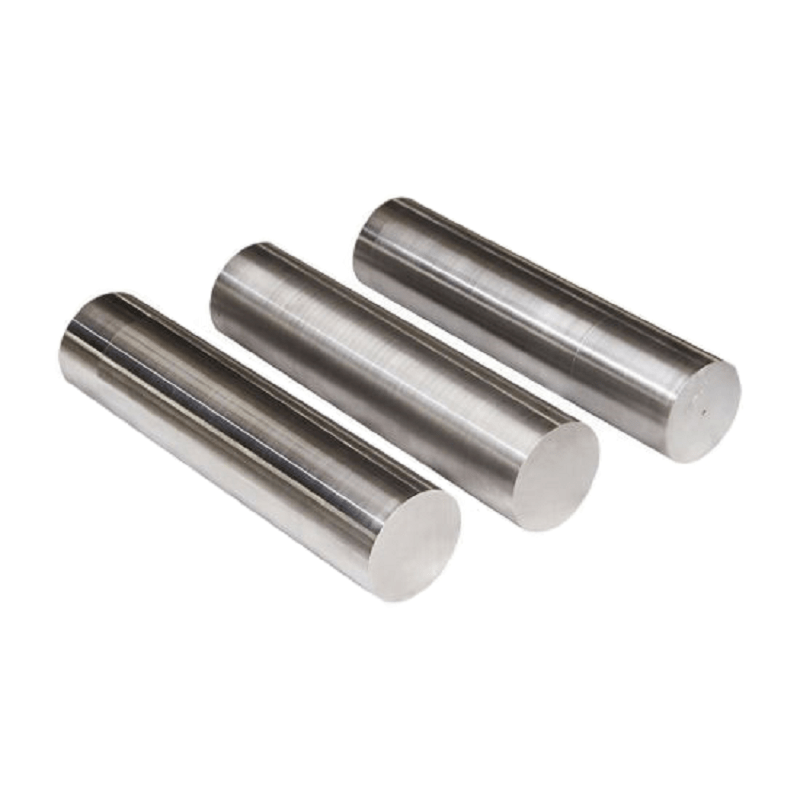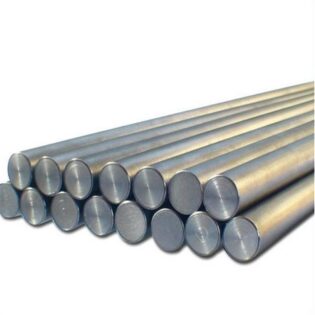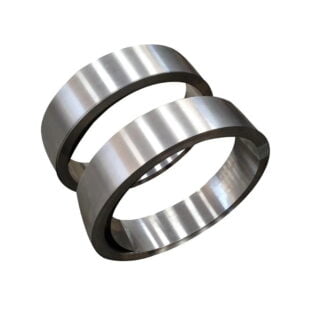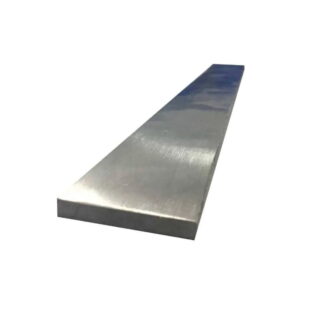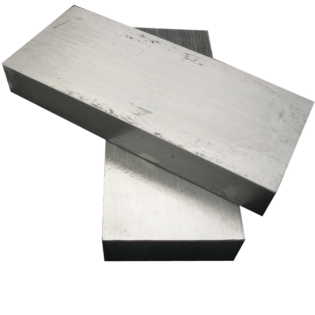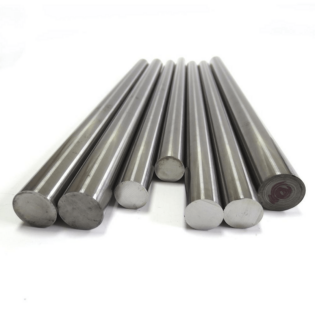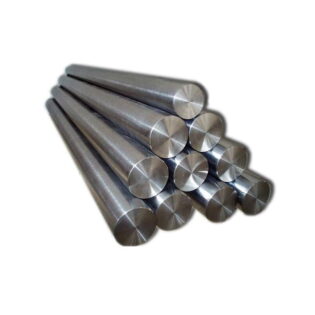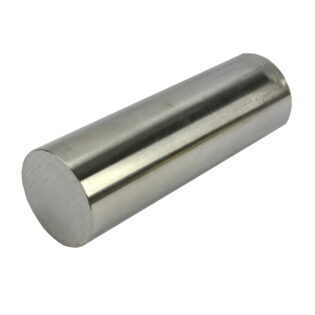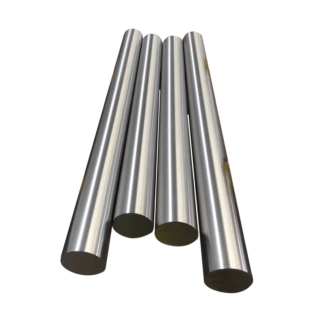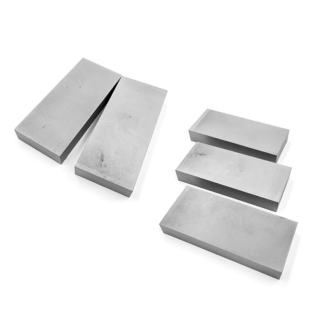Spezifikationen für Incoloy®-Legierung 020
Die INCOLOY®-Legierung 020 wird als UNS N08020 bezeichnet.
Stangen, Stangen, Drähte und Schmiedematerial: ASTM B 462, ASTM B 472, ASTM B 473, ASME SB 472, ASME SB 473, ISO 9723, ISO 9724, ISO 9725, DIN 17752-17754.
Platten, Bleche und Streifen: ASTM A 240, ASTM A 480, ASTM B 463, ASTM B 906, ASME SA 240, ASME SA 480, ASME SB 463, ASME SB 906, ISO 6208, DIN 17750.
Rohre und Röhren: ASTM B 729, ASTM B 829, ASTM B 468, ASTM B 751, ASTM B 464, ASTM B 775, ASTM B 474, ASME SB 729, ASME SB 829, ASME SB 468, ASME SB 751, ASME SB 464, ASME SB 775, ASME SB 474, ISO 6207, DIN 77751.
Other: – DIN 17744, ASTM B 366, ASTM B 462, ASTM B 471, ASTM B 475, ASME SB 366, ASME SB-462, ASME SB 471, ASME SB 475
Markenhinweis: Einige Namen sind Handelsnamen und/oder Warenzeichen bestimmter Hersteller. American Special Metals, Corp. ist mit keinem Hersteller verbunden. Bestellungen werden entsprechend den Spezifikationen aus allen verfügbaren Quellen ausgeführt. Die Namen werden ausschließlich als Referenz aufgeführt, um die Identifizierung von Produkten zu erleichtern, die den aufgeführten Spezifikationen entsprechen.
Incoloy® Alloy 020 ist eine eingetragene Marke der Special Metals Corporation und ihrer Tochtergesellschaften.
American Special Metals, Corp. makes all reasonable efforts to ensure the accuracy and correctness of the data in this document but makes no representations or warranties as to the data’s accuracy, correctness or reliability. All data are for general information only and not for providing design advice. It is the responsibility of the user to test specific alloys under actual service conditions to determine their suitability for a particular purpose.
Incoloy® Alloy 020 Introduction
Incoloy® Alloy 020 is an alloy composed of nickel-iron-chromium, with additions of molybdenum and copper. These alloys are categorized as super alloys and exhibit excellent corrosion resistance and high strength. Some of the INCOLOY alloys are specifically made to resist selected reagents. These alloys are capable of functioning even at high temperatures.
INCOLOY alloy 020 exhibits excellent corrosion resistance in chemical environments that contain sulphuric acid, chlorides, phosphoric acid and nitric acid. It is easy to fabricate this alloy to form mixing tanks, heat exchangers, pickling equipment etc. The standard forms in which this alloy is available are round, flats, pipe, tube, strip and wire.
This datasheet will look into the chemical composition, properties and applications of INCOLOY 020.
Incoloy® Alloy 020 Chemical Composition
The chemical composition of INCOLOY alloy 020 is given in the following table.
| nach Extrusionsabschrecken und künstlicher Alterung HBS≥80 | Inhalt (%) |
|---|---|
| Nickel, Ni | 32-38 |
| Eisen, Fe | 35 |
| Chrom, Cr | 19-21 |
| Kupfer, Cu | 3-4 |
| Molybdän, Mo | 2-3 |
| Mangan, Mn | ≤2 |
| Niobium, Nb | ≤1 |
| Silikon, ja | ≤1 |
| Andere | Rest |
Incoloy® Alloy 020 Physical Properties
The following table discusses the physical properties of INCOLOY alloy 020.
| Eigenschaften | Metrisch | Kaiserliche |
|---|---|---|
| Dichte | 8.05 gm/cm3 | 0.291 lb/in3 |
Incoloy® Alloy 020 Mechanical Properties
Die mechanische Eigenschaften of INCOLOY alloy 020 are tabulated below.
| Eigenschaften | Metrisch | Kaiserliche |
|---|---|---|
| Tensile strength(annealed) | 620 MPA | 89.9 ksi |
| Yield strength(annealed) | 300 MPa | 43.5 ksi |
| Bruchdehnung | 41% | 41% |
Some of the designations used to denote INCOLOY alloy 020 are listed below:
- UNS N08020
- ASME SB-462 – SB 464
- ASME SB 468
- ASTM B 462
- ASTM B 464
- ASTM B 472
- ASTM B 474
- ASTM B 751.
Incoloy® Alloy 020 Fabrication
Schweißen
Incoloy® Alloy 020 can be welded by shielded metal arc welding, gas tungsten arc welding and gas metal arc welding. The filler metal is usually an INCONEL alloy.
Heißes Arbeiten
Incoloy® Alloy 020 can be hot worked at temperature ranges of 760-1175°C (1400-2150°F).
Glühen
Incoloy® Alloy 020 should be annealed at 982-1010°C (1800-1850°F) for time commensurate with section size /AC.
Anwendungen
The Incoloy® Alloy 020 is used in the following applications:
- Produce mixing tanks, heat exchangers, valves, fittings and fasteners
- Production of gasoline, solvents, explosives and organic chemicals
- Pharmaceuticals and food industry.
